
Managing your finances in the military

Does your side business need a separate bank account?

LGBTQ+ financial planning tips

How I did it: Transitioned from the military to a private sector career

Should I itemize my taxes?

How to Adult: 7 tax terms and concepts you should know

How to Adult: 5 ways to track your spending

How to plan and save for adoption and in vitro fertility treatment costs
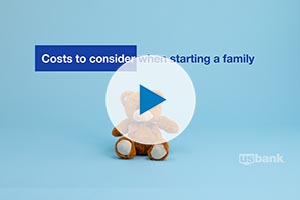
Webinar: Uncover the cost: Starting a family

What you need to know as the executor of an estate

When your spouse has passed away: A three-month financial checklist

What documents do you need after a loved one dies?

6 questions students should ask about checking accounts
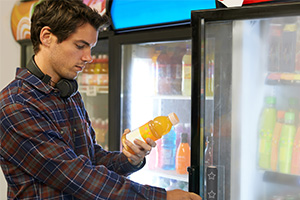
College budgeting: When to save and splurge

Four ways to make a strong resume for your first real job

What is a Certificate of Deposit? And what to know before opening an account
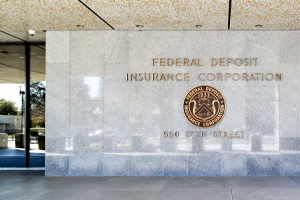
What does FDIC mean?
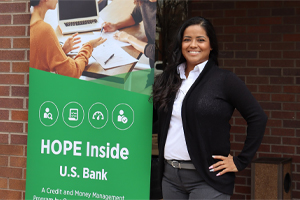
Tips for handling rising costs from an Operation HOPE Financial Wellbeing coach

3 financial tools to help automate your finances

3 ways to keep costs down at the grocery store (and make meal planning fun)
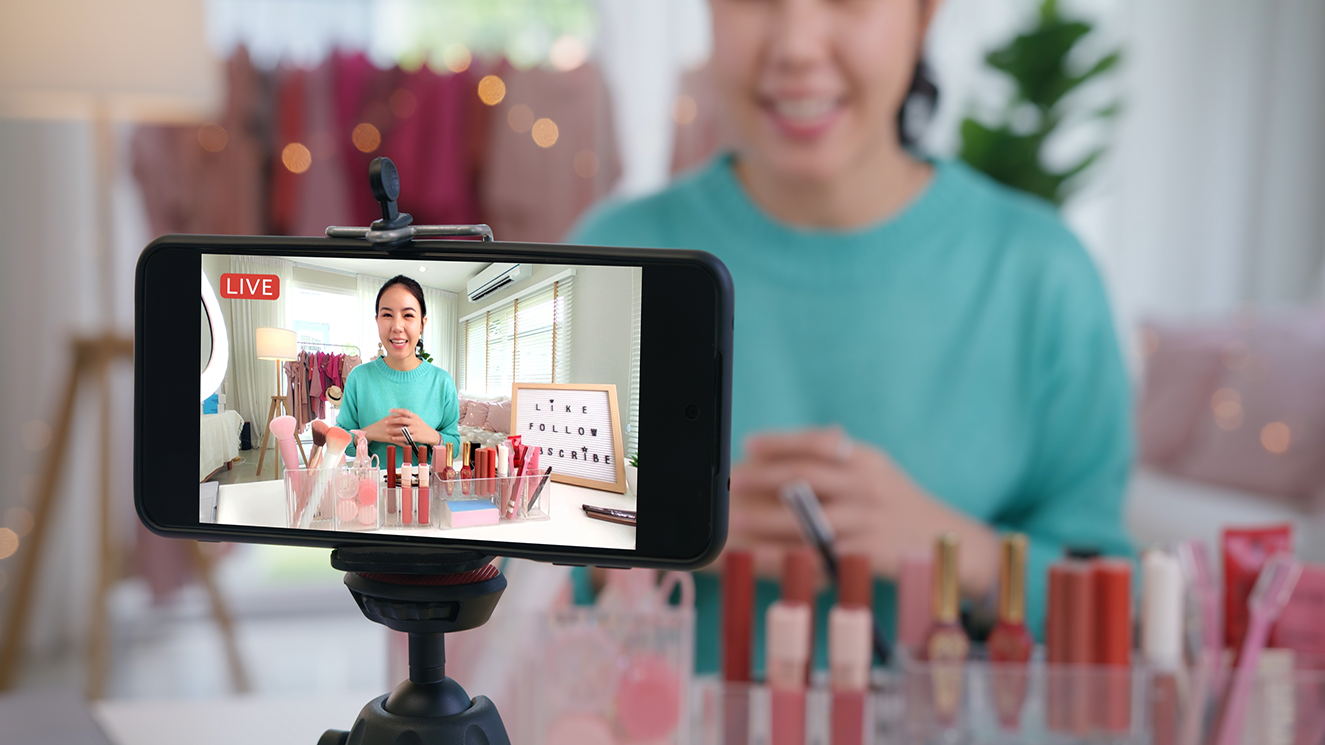
5 things to deinfluence in your finances
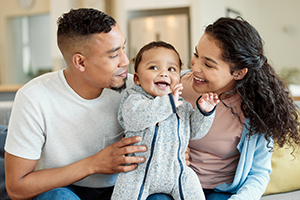
5 tips for creating (and sticking to) a holiday budget

Is raising backyard chickens a good idea financially?

Financial checklist: Preparing for military deployment

Is it cheaper to build or buy a house?

Make holiday gift giving easier in a digital world

Should you buy now, pay later?

6 pandemic money habits to keep for the long term

Stay committed to your goals by creating positive habits
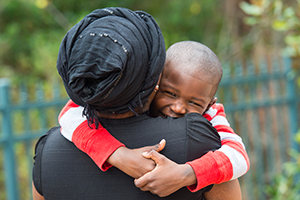
An eco friendly debit card with roots in Haiti
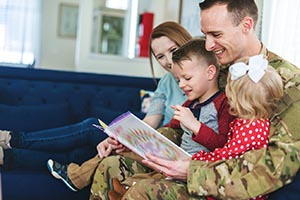
How to financially prepare for a military PCS

5 things to consider when deciding to take an unplanned trip

Planning self-care moments that matter (and how to finance them)
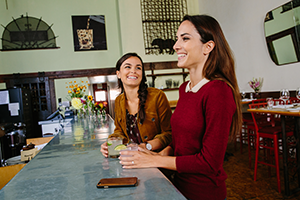
Friction: How it can help achieve money goals

Working with an accountability partner can help you reach your goals

The mobile app to download before summer vacation

Webinar: 5 myths about emergency funds
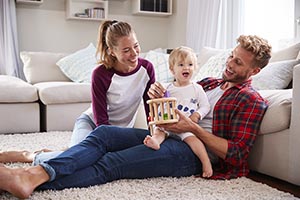
The banking app you need as a new parent

How to decide when to shop local and when to shop online

How I kicked my online shopping habit and got my spending under control

Growing your savings by going on a ‘money hunt’

Webinar: Smart habits and behaviors to achieve financial wellness

A who’s who at your local bank

Your 4-step guide to financial planning

5 myths about emergency funds

Financial Wellness Assessment

Your guide to starting a job: Resources to help along the way

How to stay financially focused in the face of economic uncertainty

How I did it: Learned to budget as a single mom
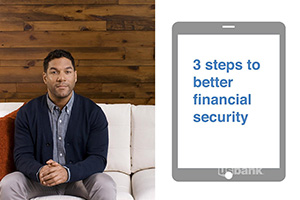
Webinar: Mobile banking tips for smarter and safer online banking
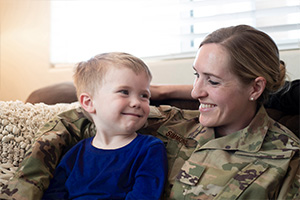
What military service taught me about money management

Does your savings plan match your lifestyle?

Webinar: Common budget mistakes (and how to avoid them)

Webinar: Uncover the cost: Wedding

Making the most out of your Economic Impact Payment

Webinar: Uncover the cost: International trip
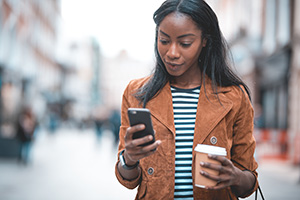

Adulting 101: How to make a budget plan

How having savings gives you peace of mind

Allowance basics for parents and kids

What’s your financial IQ? Game-night edition

Personal loans first-timer's guide: 7 questions to ask

Are savings bonds still a thing?

Booming in the gig economy: A new chapter leveraging 45 years of experience

Tips to overcome three common savings hurdles
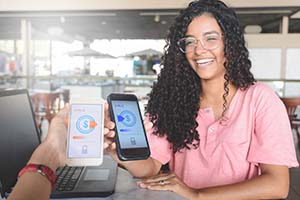
3 awkward situations Zelle can help avoid

Helpful tips for safe and smart charitable giving

Webinar: Mindset Matters: How to practice mindful spending

How and when to ask for a raise

Steer clear of overdrafts to your checking account
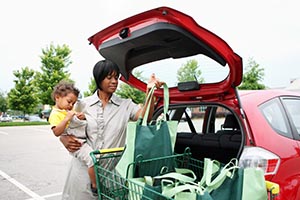
How to save money while helping the environment

You can take these 18 budgeting tips straight to the bank
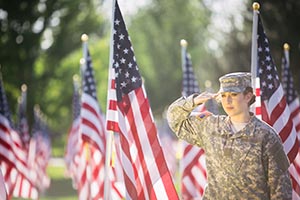
Things to know about the Servicemembers Civil Relief Act
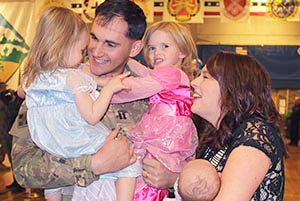
How to manage money in the military: A veteran weighs in

How can I help my student manage money?
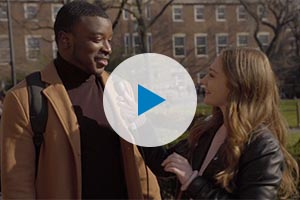
U.S. Bank asks: Do you know what an overdraft is?
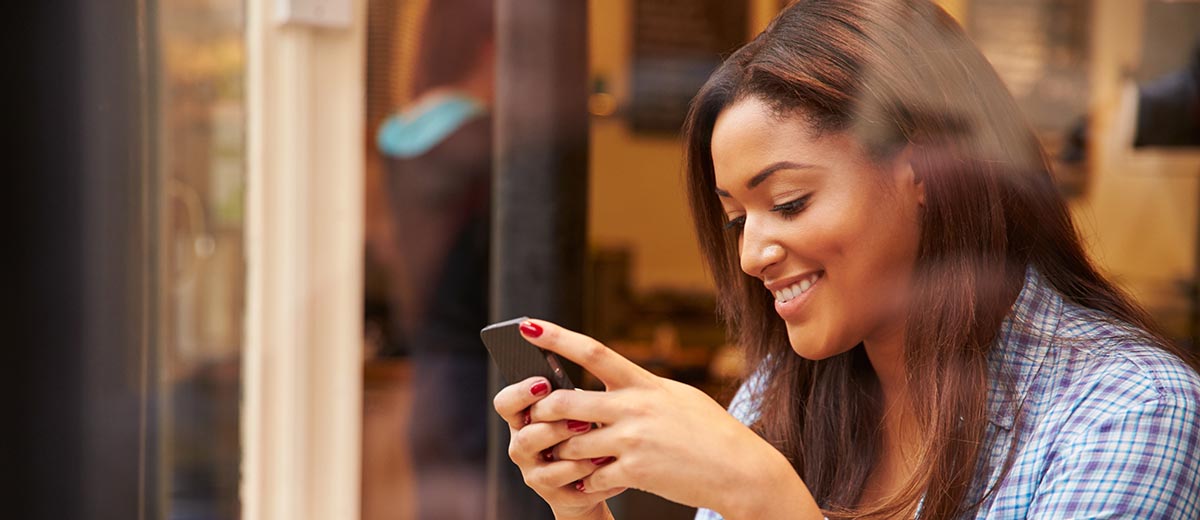
Stay on budget — and on the go — with a mobile banking app

U.S. Bank asks: Do you know your finances?

Do you and your fiancé have compatible financial goals?

3 tips for saving money easily

How to best handle unexpected expenses
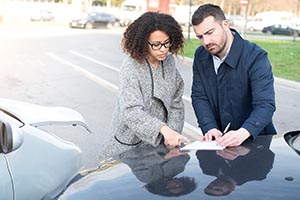
Common unexpected expenses and three ways to pay for them

Save time and money with automatic bill pay

U.S. Bank asks: Transitioning out of college life? What’s next?

Which is better: Combining bank accounts before marriage — or after?

Personal finance for teens can empower your child

Don’t underestimate the importance of balancing your checking account

9 simple ways to save

Is it time to get a shared bank account with your partner?

How to save for a wedding

It's possible: 7 tips for breaking the spending cycle

Here’s how to create a budget for yourself

Multiple accounts can make it easier to follow a monthly budget

7 steps: How couples and single parents can prepare for child care costs

Checking and savings smarts: Make your accounts work harder for you

5 reasons why couples may have separate bank accounts

Dear Money Mentor: How do I set and track financial goals?
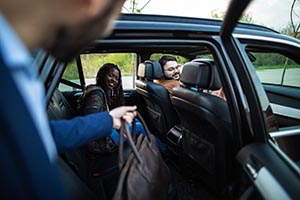
Tips for working in the gig economy
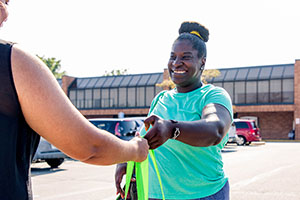
Earning in the gig economy: Gladys shares her story

By the numbers: The gig economy
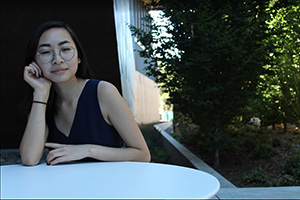
A passion for fashion: How this student works the gig economy
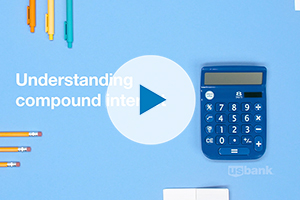
How compound interest works

5 tips for parents opening a bank account for kids

Lost job finance tips: What to do when you lose your job

Myths vs. facts about savings account interest rates

Tips to raise financially healthy kids at every age

Money management guide to financial independence

Money Moments: 8 dos and don’ts for saving money in your 30s

5 tips to use your credit card wisely and steer clear of debt

Tips and resources to help in the aftermath of a natural disaster

30-day adulting challenge: Financial wellness tasks to complete in a month
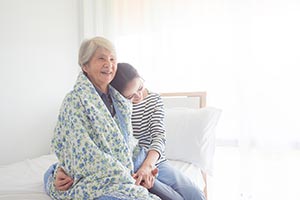
Money Moments: 3 smart financial strategies when caring for aging parents

7 financial questions to consider when changing jobs

First-timer’s guide to savings account alternatives

How voice-activated devices work with banks
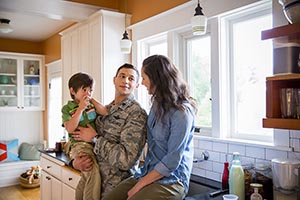
Essential financial resources and protections for military families

P2P payments make it easier to split the tab

Money Moments: How to manage your finances after a divorce

Overdrafts happen: Steps to get you back on track

Money Moments: 3 tips for planning an extended leave of absence

What’s in your emergency fund?

Travel for less: Smart (not cheap) ways to spend less on your next trip

Certificates of deposit: How they work to grow your money

What I learned from my mom about money

Real world advice: How parents are teaching their kids about money

How to stop living paycheck to paycheck post-pay increase

Practical money tips we've learned from our dads

How to cut mindless spending: real tips from real people

6 ways to spring clean your finances and save money year-round

What you need to know about renting
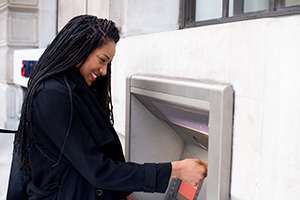
Dear Money Mentor: How do I pick a savings or checking account?

What financial advice would you give your younger self?

Bank from home with these digital features

Understanding guardianship and power of attorney in banking
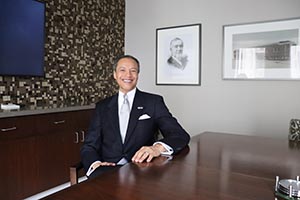
Building a financial legacy for your family and community

How to increase your savings

Financial gifts can be a valuable – and fun – choice for the holidays

Military finance: How to create a family budget after military service

Managing money as a military spouse during deployment

How to use your unexpected windfall to reach financial goals

Overcoming high interest rates: Getting your homeownership goals back on track

First-time homebuyer’s guide to getting a mortgage


